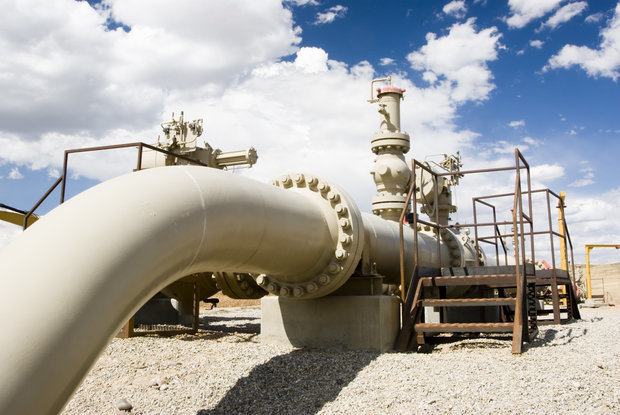U.S., Saudi plans for replacing Iranian gas in Iraq doomed to failure

TEHRAN – Considering Iraq’s geopolitical improvements in the past few years, the Iraqi government has been seeking to improve the country’s infrastructure and one of the main areas of focus has been Iraq’s electricity network and power infrastructures.
Consequently, the country has been in constant need to import gas to supply its power plants most of which are gas powered.
Being neighbor to a country which is the home to the world’s second largest gas resources is a good-enough reason for Iraq to look to Iran as one of its main suppliers of natural gas to meet its energy needs. Therefore, Iran for long has been one of Iraq’s main gas suppliers.
The neighbors signed a deal in 2013 for Iran to supply gas to Iraqi power stations, but poor security in Iraq hampered the implementation of the deal.
Later on in 2017, once again Iran signed two contracts with Iraq to export gas, one for the capital Baghdad and the other for southern city of Basra.
Based on these deals Iran was to supply 35 million cubic meters of gas on a daily basis to the capital Bagdad [gradually in three phases] while up to 25 million cubic meters of gas per day was supposed to be exported to Basra.
However, due to various issues some from the Iraqi side and some from Iran, the country is currently exporting only 25 million cubic meters of gas per day to Bagdad and only 5 mcm to Basra. That means Iran is only using about 80 percent of its full potential in exporting gas to Iraq.
U.S. and Saudis efforts to replace Iran
After Trump withdrew from Iran’s nuclear deal in November, the U.S. government and its allies have been putting all their efforts together to isolate Iran and make the Islamic country bend under economic pressure.
Taking Iran’s energy market in the region has been Trump’s top agenda in order to succeed in his plans.
Consequently, the U.S. has been recently offering the customers of Iranian gas attractive offers in order to lure them away from Iran.
To this end, the United States has even announced that it will provide facilities for the establishment of LNG complexes in Iraq to supply the country’s power plants.
On the other hand, recently Saudi Energy Minister Khalid al-Falih has announced his country's readiness to meet Iraq's electricity and energy needs.
The Saudi minister even visited Iraq in order to further discuss the matter.
According to Energy Expert Ahmad Mohebi, the U.S. and Saudi Arabia are aiming to achieve two major goals by cutting off Iran's gas exports to Iraq over the next few years.
The first is to reduce Iran's political, economic and strategic influence in Iraq, and secondly, to create new markets for themselves.
By facilitating private sector’s entry into Iraq’s market for constructing new power plants or renovating the country’s old power plants, the Iranian government will be able to cement its strategic position in Iraq and secure its gas exports to the neighbor country.
Iran and Iraq have such good diplomatic ties that the U.S. plots won’t be able to break it up. The great efficiency of importing Iranian gas should not also be taken for granted.
As Hayan Abdul Ghani, head of Iraqi state-run South Gas Co. (SGC), said last week “Iraq’s current production of gas is not enough to meet our power stations’ demand and therefore we are still importing gas from Iran. We need at least 24 months to operate new gas projects and start production.”
EF/MA
Leave a Comment